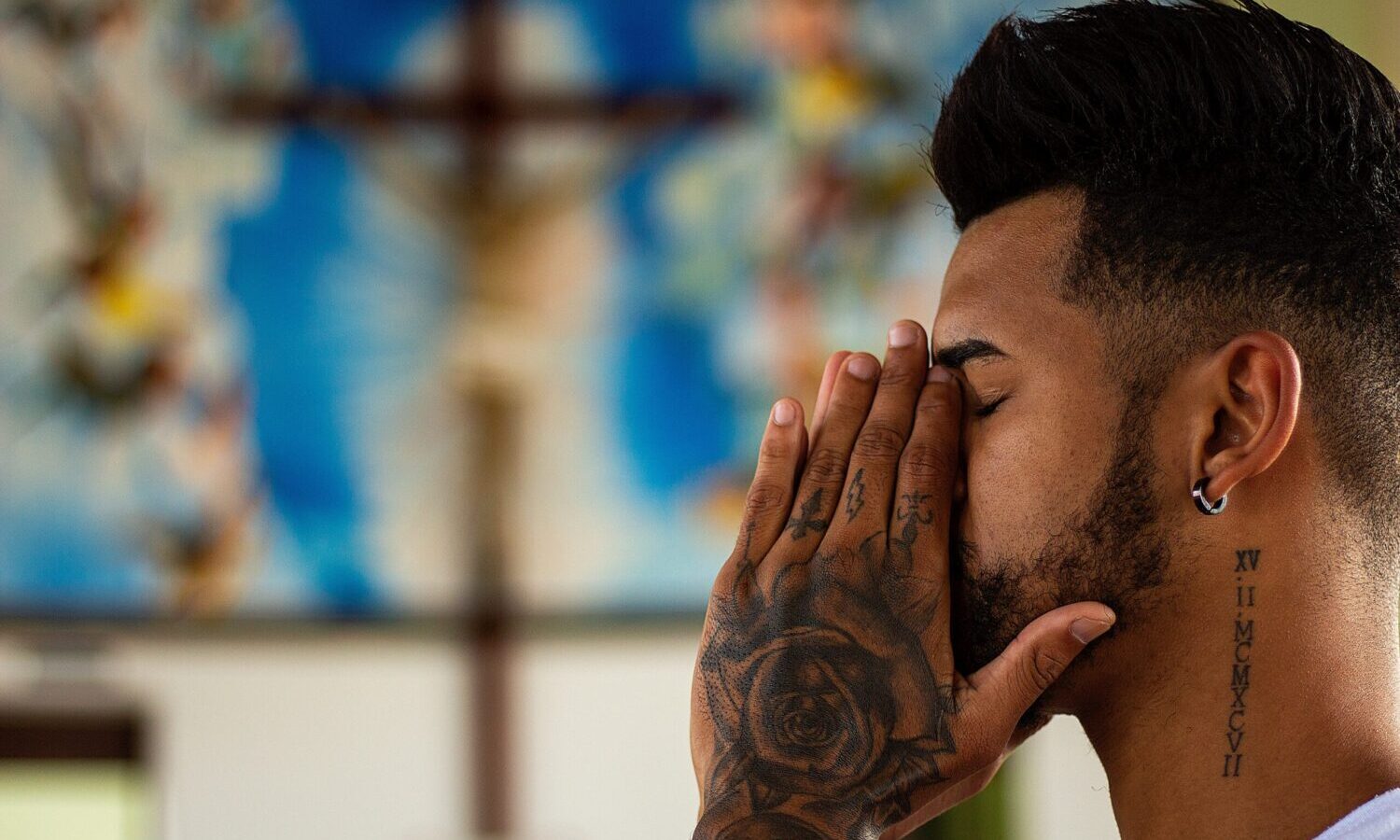In North Dakota, religious groups have teamed up with law enforcement members in a push against Measure 2, which would legalize recreational marijuana.
By
Religious people are less likely to support legal marijuana than those describing themselves as atheists and agnostics, according to a Pew Research Center survey conducted last year.
The poll revealed that barely half (54%) of respondents who identify with any religious group think that cannabis should be legal for medical and recreational use. At the same time, roughly three-quarters (76%) of surveyed US adults who consider themselves atheists, agnostics, or “nothing in particular” want to see the plant legalized.
While cannabis advocates and shareholders are tireless in their push to legalize marijuana, religious activists are rooting for the opposite.
Just a few weeks after the Amendment 3 — which seeks to legalize adult-use cannabis in Missouri this fall — was criticized by Catholic bishops who urged Missourians to vote “no” on the amendment, religious organizations in North Dakota and Arkansas followed suit.

Islamists & Christians Agree On Marijuana
In North Dakota, religious groups have teamed up with law enforcement members in a push against Measure 2, which would legalize recreational marijuana, reported KVRR.
A North Dakota Catholic Conference statement insisted that Catholics are obliged to “protect human life and the common good.”
Islamic advocates seem to be on the same page as Christians, at least regarding cannabis.
“From a religious point of view, from the Islamic point of view, any intoxicant for that matter is forbidden,” said Mohamed Sanaullah, a board member at the Islamic Society of Fargo-Moorhead. “Again, it’s a personal decision. If they’re more religious, they probably should be voting no.”
North Dakota sheriffs, deputies, police chiefs and peace officer associations all share a similar stance on the issue.
“It [marijuana legalization] will greatly strain our law enforcement resources which are already strained,” said Fargo Police Chief David Zibolski who shared concerns regarding how legalization would affect his department. “It will exacerbate an already existing issue with addiction.”
RELATED: The Most Cannabis Friendly Religions
In his view, marijuana should be treated the same as alcohol. He cautioned that children could be affected the most if the plant is accessible.
“Even when you talk about it being for only 21 and older, well, just like any other prescription medication that adults bring into their homes, kids have access to it,” Zibolski said. “That also increases their ability to get a hold of it easier.
Kristie Spooner, the chair at Healthy and Productive North Dakota went a step further, saying that cannabis can cause psychosis in addition to other mental health issues.
Still, members of New Approach ND support cannabis legalization in North Dakota as well as its responsible use.
RELATED: Are Attitudes About Marijuana Changing Within The Catholic Church?
“Most people, myself included, would rather have a system regulated from seed to sale,” said Mark Friese, New Approach’s treasurer. “Regulated safe, checked marijuana with it being done in the light of day, legitimately with businesses that are subject to regulation.”

Arkansas Activists Are Moving On From Words To Deeds
Meanwhile, in Arkansas, David Couch, the attorney behind the state’s medical marijuana amendment, is working to defeat recreational cannabis legalization efforts by Responsible Growth Arkansas (RGA).
Couch joined forces with the church-based Family Council Action Committee to fight against Issue 4, which would make adult use of cannabis legal, reported The Arkansas Democrat-Gazette.
Couch held a joint news conference on Wednesday with Jerry Cox, executive director of the committee. In it, Couch said that he is currently touring the state and meeting with church groups, chambers of commerce, as well as other groups and organizations that are against the proposed marijuana policy change.
Cox revealed that the committee has distributed roughly half a million flyers headlined “Arkansas Does Not Need Another Drug Problem” and “Deadly meth, opioids, heroin and fentanyl are already destroying too many lives” to local churches.
This article originally appeared on Benzinga and has been reposted with permission.


